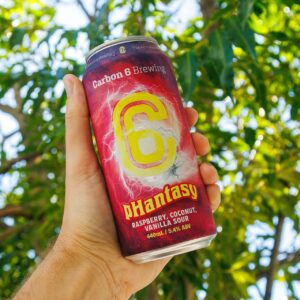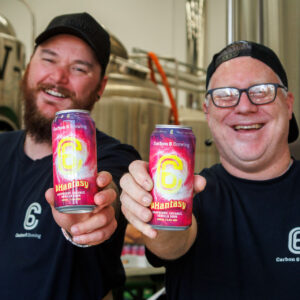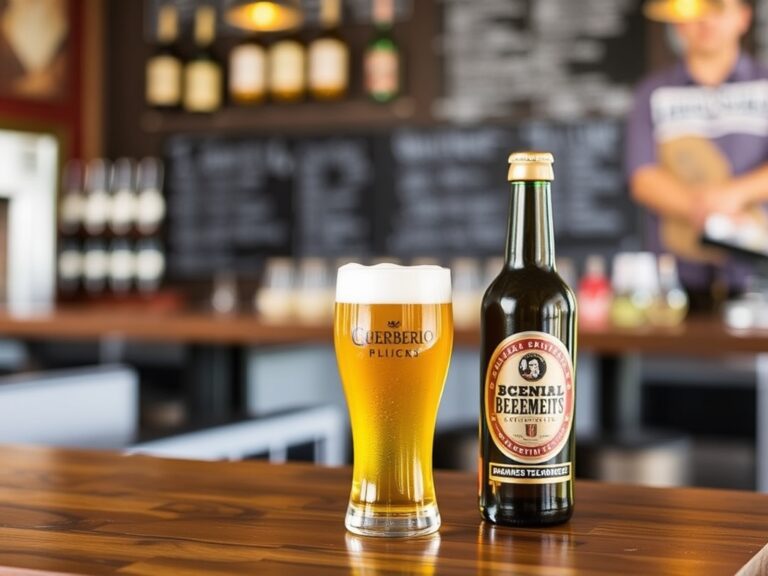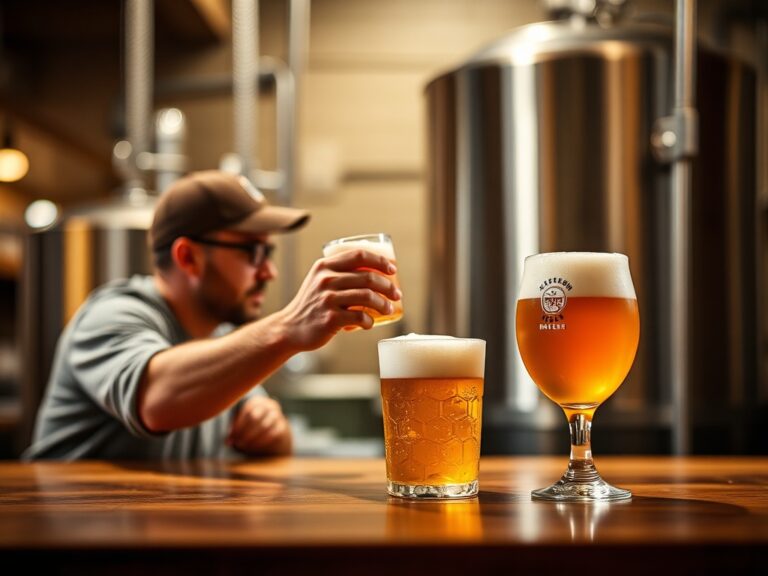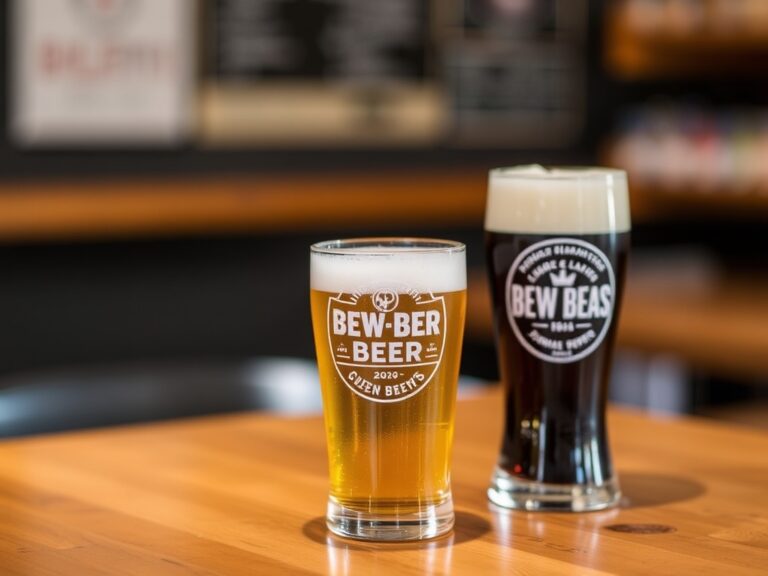Mastering the Art of Single Hop IPA: How Focused Brewing Unlocks Pure, Distinct Flavors
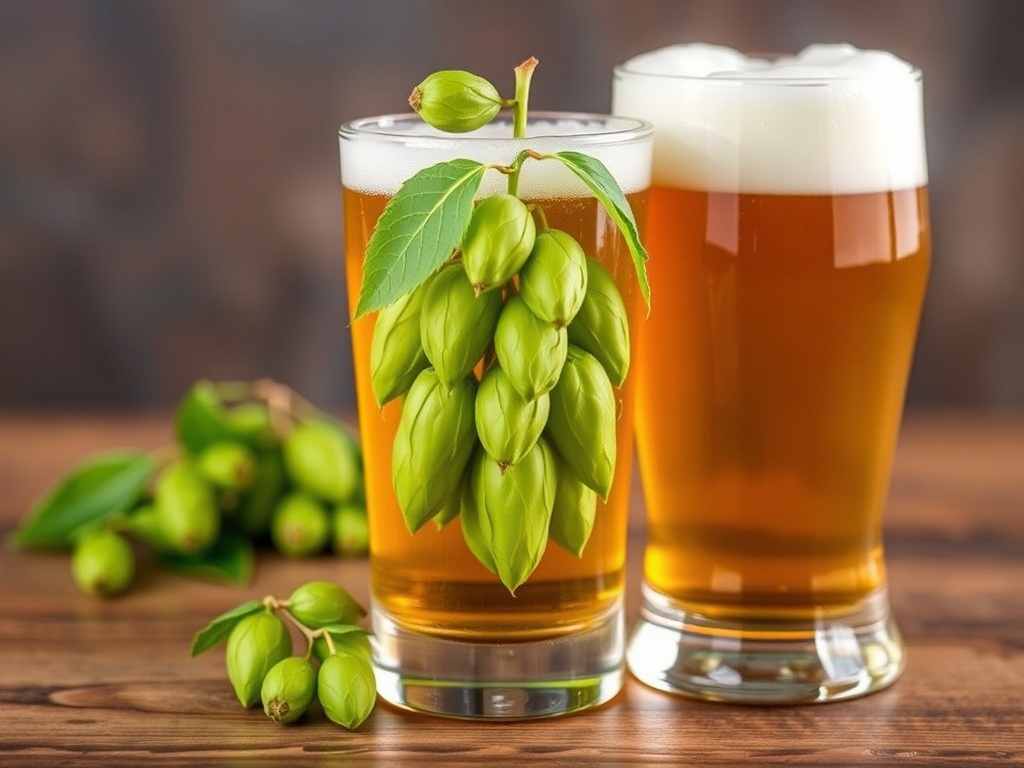
Introduction
In my experience with single hop ipa, I’ve been researching how focusing on a single hop variety can truly elevate the flavor profile of a beer. I want to share what I’ve learned about mastering this style, because I believe there’s a special satisfaction that comes from crafting a beer where every note is driven by one hop. From what I’ve discovered, single hop ipa is not just about simplicity—it’s about exploring the depth and complexity that a single hop can bring.
I’ve found that brewing a single hop ipa requires a focused approach and an understanding of hop characteristics. In my experience, when I select the right hops and optimize my brewing process, I can unlock some of the purest, most distinct flavors I’ve ever tasted in a beer. I hope this guide helps you see how focusing on a single hop variety can lead to a truly exceptional brewing experience.
Understanding the Magic of Single Hop IPA
The Philosophy Behind Single Hop IPA
In my journey as a homebrewer, I’ve come to appreciate that the single hop ipa is about highlighting the unique qualities of one hop variety. I’ve learned that by limiting myself to a single hop, I can better understand how that hop’s aromatic and flavor compounds develop during brewing. It’s like tuning into a specific instrument in an orchestra rather than listening to the entire symphony at once.
The Benefits of Focused Brewing
From my research and personal experimentation, I’ve found that a single hop ipa allows me to showcase the purity of hop flavors without interference from other varieties. This focused approach helps me fine-tune my recipes and brewing techniques, leading to a more refined and nuanced final product. I believe that mastering single hop ipa is a rewarding challenge that sharpens my brewing skills and deepens my appreciation for hop varieties.
Flavor Profiles and Varietal Selection
In my experience, each hop variety has its own personality—citrus, pine, tropical fruit, floral, or earthy notes—and selecting the right one is crucial for a successful single hop ipa. I recommend experimenting with different hops like Citra, Simcoe, or Centennial to discover which flavors resonate best with your palate. From what I’ve learned, understanding the specific aroma and flavor characteristics of your chosen hop is key to unlocking the full potential of your beer.
Choosing the Right Hops for Your Single Hop IPA
Hop Varieties That Shine in Single Hop IPA
Based on my experience, some hop varieties just shine brilliantly when brewed as a <a href="#INTERNAL_LINK_single hop ipa. For instance, Citra offers vibrant citrus and tropical fruit notes, while Nelson Sauvin imparts a unique white wine character. I’ve discovered that selecting a hop with a distinct profile makes it easier to craft a balanced and flavorful beer that truly emphasizes that single hop’s qualities.
Understanding Hop Characteristics
From what I’ve learned, it’s essential to understand the alpha acids, aroma compounds, and oil content of your chosen hop. I recommend reading detailed hop profiles and tasting fresh hop samples if possible. In my brewing, I always try to match my hop selection with my flavor goals—whether I want a bright, citrus-forward <a href="#INTERNAL_LINK_single hop ipa or a more earthy, piney aroma. Knowing your hops well helps me craft a more intentional and expressive <a href="#INTERNAL_LINK_single hop ipa.
Source Quality and Freshness
I’ve found that the quality and freshness of hops are paramount for a successful <a href="#INTERNAL_LINK_single hop ipa. I recommend sourcing hops from reputable suppliers and using them as fresh as possible. From my experience, aged or improperly stored hops can diminish flavor and aroma, making it harder to achieve the vibrant profile you’re aiming for in your <a href="#INTERNAL_LINK_single hop ipa.
Brewing Techniques for a Perfect Single Hop IPA
Mashing and Boil Timing
In my brewing practice, I’ve learned that mashing temperature and boil timing significantly influence the final flavor of a <a href="#INTERNAL_LINK_single hop ipa. I recommend a mash temperature around 152°F (67°C) to balance fermentable sugars and mouthfeel. During the boil, I usually add the entire hop charge at the beginning or late in the boil to maximize bitterness or aroma, depending on my goal for the <a href="#INTERNAL_LINK_single hop ipa.
Hop Additions and Timing
From my experience, timing your hop additions is crucial. For a single hop ipa, I prefer a combination of bittering addition at the start of the boil and aroma additions near the end or during whirlpool. This approach helps me extract the maximum flavor and aroma from my chosen hop—making each sip a showcase of that single variety’s character.
Fermentation and Conditioning
I’ve discovered that fermentation temperature and conditioning play vital roles in preserving hop aroma. I recommend fermenting around 68°F (20°C) and limiting oxygen exposure post-fermentation. For my <a href="#INTERNAL_LINK_single hop ipa, I try to keep the beer cold and conditioned for a few weeks to let the flavors meld beautifully, emphasizing the purity of the single hop’s profile.
Tasting and Appreciating Your Single Hop IPA
Evaluating Flavors and Aromas
In my experience, tasting a <a href="#INTERNAL_LINK_single hop ipa involves focused sensory analysis. I like to note the dominant aroma and flavor notes—whether citrus, pine, or tropical—and see how they evolve over time. I recommend tasting from different pours and at different temperatures to fully appreciate the nuances that a single hop provides.
Pairing and Serving Suggestions
From what I’ve learned, pairing my <a href="#INTERNAL_LINK_single hop ipa with foods like grilled seafood or spicy dishes enhances the overall experience. I recommend serving it fresh and cold, around 45-50°F (7-10°C), to highlight its vibrant hop character. I believe that proper glassware and a clean tap or bottle are essential to truly enjoy the beer’s complexity.
Storing and Aging
I’ve found that <a href="#INTERNAL_LINK_single hop ipa is best enjoyed fresh, but some hop varieties age gracefully. I recommend storing bottles upright in a cool, dark place. From my experience, aging can sometimes mellow harsh bitterness and develop deeper, more complex hop flavors, making it a rewarding experiment for hop enthusiasts.
Troubleshooting Common Single Hop IPA Challenges
Off-Flavors and How to Avoid Them
In my brewing journey, I’ve encountered off-flavors like grassy or cardboard notes, often caused by oxidized hops or improper storage. I recommend using fresh hops and minimizing oxygen exposure during transfer and packaging. For my <a href="#INTERNAL_LINK_single hop ipa, I always try to keep everything sanitized and controlled to maintain the integrity of the hop character.
Balancing Bitterness and Flavor
From my experience, balancing bitterness with hop flavor is a common challenge. I suggest carefully timing hop additions and measuring IBU levels to avoid overpowering the beer. In my <a href="#INTERNAL_LINK_single hop ipa, I aim for a harmonious balance where the hop’s aroma and flavor shine without bitterness overwhelming the palate.
Achieving Clarity and Stability
I’ve found that cold crashing and proper fermentation management help improve clarity and stability. For a <a href="#INTERNAL_LINK_single hop ipa, I recommend patience and proper conditioning. This ensures that the beer’s flavors are clean, crisp, and as expressive as possible, truly showcasing your chosen hop variety.
References and Resources
Throughout my research on single hop ipa, I’ve found these resources incredibly valuable. I recommend checking them out for additional insights:
Authoritative Sources on single hop ipa
-
Brewers Association
BrewersAssociation.orgA comprehensive resource on brewing techniques, hop varieties, and styles, including guides specifically on single hop beers.
-
Hop Union
HopUnion.comOffers detailed hop profiles, flavor notes, and brewing tips, perfect for selecting the ideal hop for your single hop ipa.
-
BrewDog Blog
BrewDog.comFeatures articles and tutorials on brewing techniques, including deep dives into single hop brewing styles.
-
American Homebrewers Association
HomeBrewersAssociation.orgProvides recipes, tutorials, and forums dedicated to single hop beers and advanced brewing techniques.
-
MoreBeer
MoreBeer.comSupplies high-quality hops and brewing ingredients, with detailed guides on single hop brewing.
-
British Craft Beer
BritishCraftBeer.comOffers insights into craft brewing styles, including tutorials on single hop techniques and flavor development.
-
Science Daily
ScienceDaily.comFeatures scientific articles on hop compounds and brewing chemistry relevant to single hop ipa development.
Frequently Asked Questions
What makes a single hop ipa different from other IPAs?
In my experience, a single hop ipa emphasizes the unique characteristics of one hop variety, rather than blending multiple hops. This focus allows me to appreciate specific aromas and flavors, making each sip a detailed exploration of that single hop’s profile.
How do I select the best hop for my single hop ipa?
From my personal experience, I choose hops based on the flavor profile I want to highlight—whether citrus, pine, or floral. I recommend tasting fresh hop samples and reading detailed profiles to find the perfect match for your single hop ipa.
Can I age a single hop ipa? What should I expect?
In my experience, some single hop ipa can age well, developing deeper complexity over time. I suggest storing bottles in a cool, dark place and tasting periodically to observe how the hop flavors evolve and mellow, often resulting in a more refined beer.
What are common mistakes to avoid when brewing a single hop ipa?
From what I’ve learned, common mistakes include using stale hops, over-oxygenating the beer, or adding hops at the wrong stages. I recommend using fresh hops, minimizing oxygen exposure, and carefully timing your hop additions to ensure a vibrant, flavorful <a href="#INTERNAL_LINK_single hop ipa.
Conclusion
In conclusion, my research on single hop ipa has shown me that focusing on a single hop variety can unlock some of the purest and most distinct flavors in brewing. I believe that by carefully selecting your hops, mastering brewing techniques, and understanding your ingredients, you can craft a truly memorable beer. I hope this guide inspires you to experiment and embrace the art of focused brewing, because in my experience, single hop ipa offers a unique journey into hop character that’s both rewarding and delicious.
Find out more information about “single hop ipa”
Search for more resources and information:

